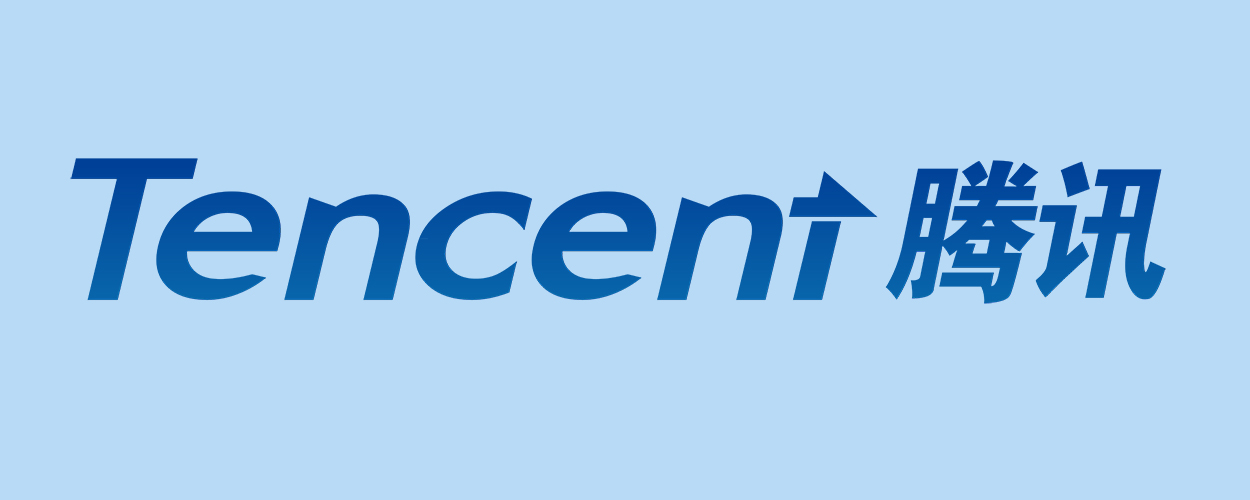This website uses cookies so that we can provide you with the best user experience possible. Cookie information is stored in your browser and performs functions such as recognising you when you return to our website and helping our team to understand which sections of the website you find most interesting and useful.
Business News Digital Labels & Publishers Top Stories
Tencent share price dips as Chinese regulator confirms exclusivity deal ban
By Chris Cooke | Published on Tuesday 27 July 2021

The share prices of both Tencent Music Entertainment and its parent company Tencent dipped yesterday following confirmation that the competition regulator in China is banning exclusive licensing deals in the country’s digital music market. Although it seems unlikely that the new rule is going to result in too much diversification in the Chinese streaming business, in the short term at least.
Chinese web giant Tencent is the dominant player in digital music in China, of course, mainly via its standalone Tencent Music Entertainment business. That dominance was partly achieved by Tencent acquiring some key competitors to its QQ Music service in 2016 – Kugou and Kuwo – and partly by securing exclusivity deals with both domestic and global music rights companies.
The exclusivity arrangements – which included its deals with all three majors – meant that Tencent was not only the operator of three streaming services but also a music distributor controlling a significant catalogue within China. This in turn meant that competing streaming services either had to go without that catalogue or negotiate licensing deals with their biggest rival.
It’s a scenario that would have raised major competition law issues from the start in most other countries, but in China that was the norm for some time, with Tencent’s biggest rival in digital music, NetEase, also seeking its own exclusivity deals. That was partly to give its Cloud Music service a competitive edge and to strengthen its negotiating hand when seeking to licence catalogue controlled by Tencent.
However, even in China the competition regulator started to become critical of Tencent’s big exclusivity deals. Under pressure from that regulator, rival streaming services in the Chinese music market got a little bit better at sharing catalogues they controlled, meanwhile some more recent licensing deals have not included the exclusivity element. A development which, for example, allowed NetEase to enter into direct deals with both Sony Music and Universal Music.
Then earlier this year reports circulated that China’s State Administration Of Market Regulation was preparing a bigger crackdown in this domain as part of wider action against allegedly anti-competitive conduct by key players in the country’s tech sector.
At one point there were rumours that, in addition to possible fines and a ban on exclusivity deals, Tencent might be forced to sell off Kugou and Kuwo. Of the three possible sanctions, that would have been the most dramatic. But by earlier this month it was clear that latter sanction was not on the table after all, and that fact was confirmed by SAMR on Saturday.
The regulator fined Tencent 500,000 yuan – or about $77,150 – in relation to its unfair practices in the digital music market, and also ordered the company to relinquish any exclusivity rights it still has over music catalogue within 30 days. That said, direct exclusivity deals it has negotiated with independent artists will not be affected by the new rules.
This move to end Tencent’s exclusivity deals, says the regulator, will “reshape” the market and lower “market entry barriers”, resulting in a more competitive marketplace.
SAMR’s decision is probably good news for Tencent’s existing competitors in digital music in China, although to what extent it will make easier for new players to enter the market is debatable, given Tencent’s massive userbase and the tricky economics of music streaming. For its part, Tencent makes more money from its karaoke and livestreaming apps than anything else.
Tencent Music Entertainment’s share price recovered a little yesterday after an initial dip. Although it is still down significantly compared to a spike the company enjoyed back in March when its shares were trading at nearly three times the current price.





